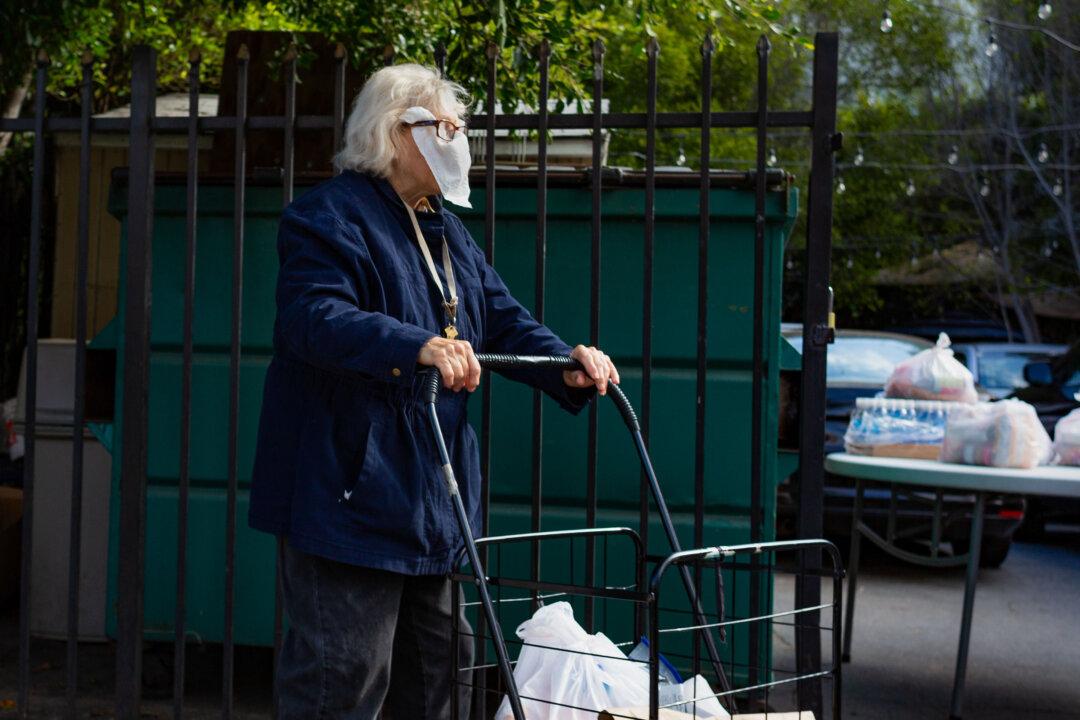SAN DIEGO—Loneliness and social isolation among older women can increase heart disease risk by as much as 27 percent, according to a University of California–San Diego (UCSD)-led study published Feb. 2.
The findings of the study, published in Wednesday’s online issue of JAMA Network Open, reveal that social isolation and loneliness independently increased cardiovascular disease risk by 8 percent and 5 percent, respectively. However, if women experienced high levels of both, their risk rose 13 percent to 27 percent compared to women who reported low levels of social isolation and low levels of loneliness.





